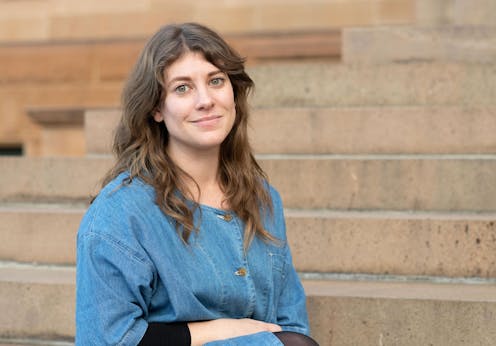Jennifer Down wins the 2022 Miles Franklin Literary Award with Bodies of Light, a shattering novel of loneliness and heartbreak
- Written by Jen Webb, Dean, Graduate Research, University of Canberra

Jennifer Down’s Bodies of Light[1] is a shattering novel, one that breaks and then rebuilds its readers. It has won the 2022 Miles Franklin Literary Award, the judges commending it as “a novel of affirmation, resilience and survival, told through an astonishing voice that reinvents itself from six to 60”.
Down had already demonstrated the quality of her writing. In 2017, she won the Sydney Morning Herald Young Novelist of the Year award for her debut novel, Our Magic Hour[2], which was also short-listed and long-listed for several other awards and commendations. In 2018, she was again named the Sydney Morning Herald Young Novelist of the Year for her short-story collection Pulse Points[3].

















